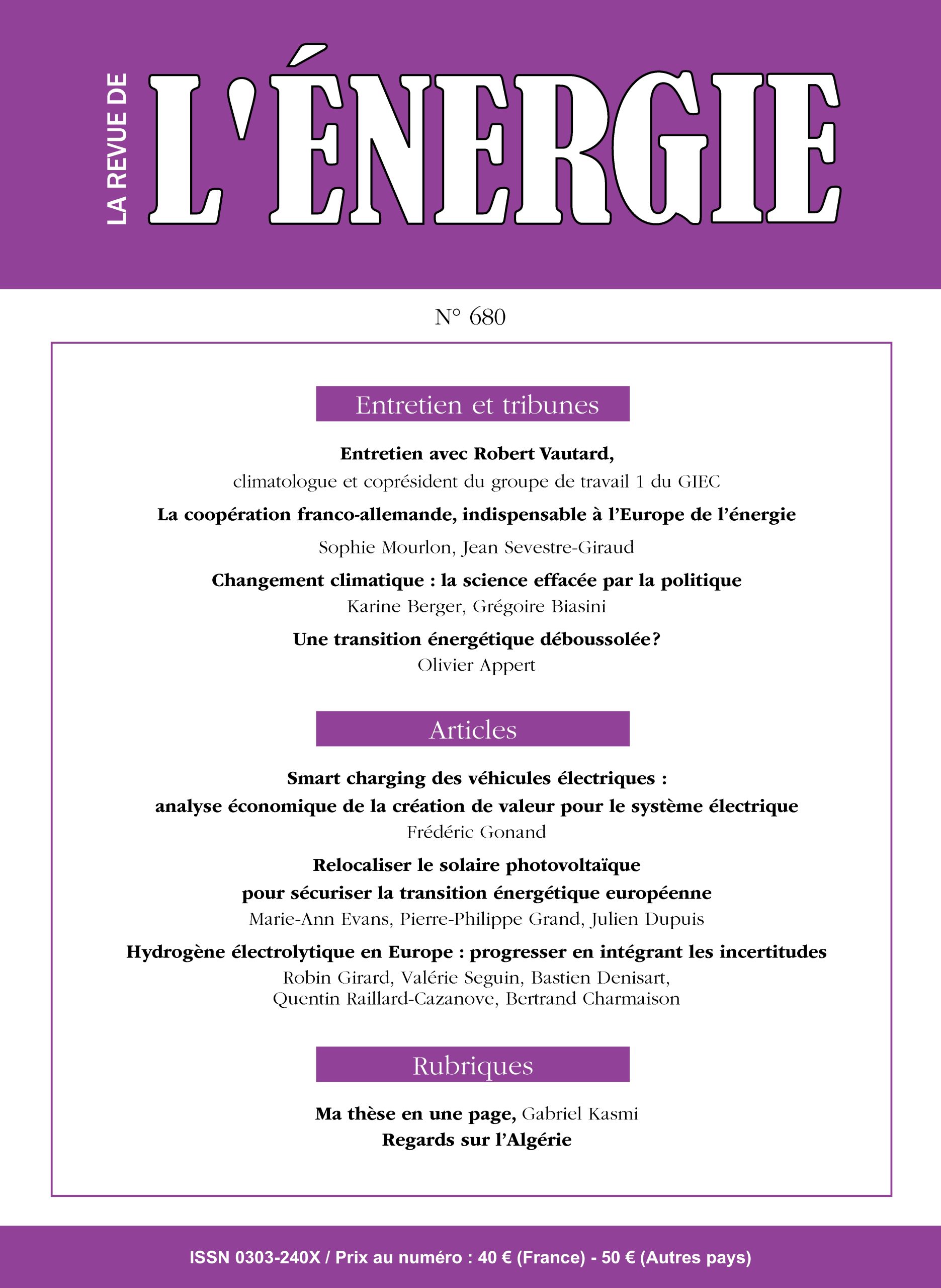Le transport maritime est engagé dans la transition énergétique visant à réduire les émissions polluantes tout en réduisant les émissions de gaz à effet de serre (GES) et dans un contexte de forte croissance du trafic. La réduction de consommation ou les modes de propulsion naturelle comme la voile ne suffiront pas et de nouveaux carburants seront nécessaires. Le GNL (gaz naturel liquéfié) s’avère être le choix de moindres regrets : il est immédiatement disponible, réduit considérablement les polluants et d’environ 20 % les GES. L’incorporation progressive de biométhane puis de méthane de synthèse permettra d’atteindre la neutralité carbone sans rupture, évitant tout risque de coûts échoués.
LNG: the best choice of energy transition in the maritime transport sector
Maritime transport has embarked on the energy transition with the aim of reducing both polluting emissions and greenhouse gas (GHG) emissions at a time when traffic is growing substantially. Reducing consumption or reverting to natural propulsion methods such as wind power will not be sufficient to achieve the transition, and it will be necessary to introduce new fuels into the equation. LNG (liquefied natural gas) is proving to be the least unfavourable choice: it is immediately available, considerably reduces pollutants, and lowers GHG emissions by 20%. The gradual incorporation of biomethane followed by synthetic methane will make it possible to achieve carbon neutrality without interrupting traffic. It will also avoid any risk of stranded assets.

